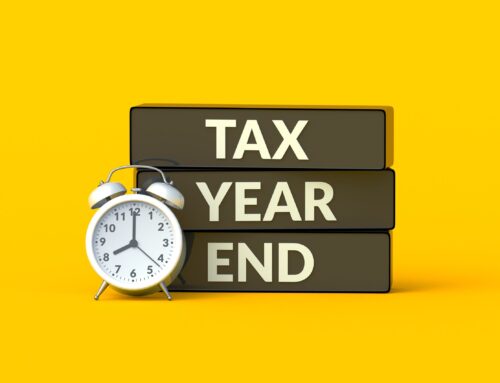1. Meals and Snacks for Employer Convenience: Now 0% Deductible
Under current law, meals and snacks provided on the employer’s business premises for the employer’s convenience—such as breakroom coffee, snacks, and on-site meals—are generally 50% deductible. However, for amounts paid or incurred after December 31, 2025, these expenses will become entirely nondeductible (0%) under IRC §274(o) as amended by the OBBBA.
What’s affected:
- Breakroom snacks and beverages (e.g., coffee, soda, granola bars)
- Meals provided to employees to keep them on-site for emergencies, short meal periods, or demanding schedules
- Meals in employer-operated cafeterias or dining rooms
No deduction will be allowed for these expenses, regardless of whether they are provided for the employer’s convenience or to promote productivity.
Note: These meals may also become taxable to employees under IRC §119 if no longer excluded as a fringe benefit. Businesses should consult their payroll advisors regarding W-2 reporting implications.
2. Business-Related Meals: 50% Deductible (With Conditions)
Business meals with employees, clients, or prospects remain 50% deductible if they meet the following requirements under IRC §§274(k), 274(n), and 274(d):
- The expense is ordinary and necessary in carrying on the trade or business.
- The taxpayer or an employee is present at the meal.
- The meal is not lavish or extravagant under the circumstances.
- The meal is directly related to the active conduct of business.
- Proper substantiation is maintained (amount, time, place, business purpose, and business relationship).
This includes meals during business meetings, team lunches, and meals while traveling for business.
Tip: Even for meals under $75, documentation is required. Businesses should maintain detailed records to support deductibility.
3. Meals at Entertainment Events: Generally Nondeductible
Meals provided at or during entertainment activities (e.g., sporting events, concerts) are generally nondeductible unless:
- The food and beverage costs are separately stated from the entertainment costs on invoices or receipts, and
- The amount charged reflects the venue’s usual selling price or the reasonable value of the items.
If these requirements are met, the meal portion may be 50% deductible, but the entertainment portion remains 100% nondeductible.
Reminder: Fair market value must be documented to support the separation of costs.
4. 100% Deductible Meals: Limited Exceptions Remain
Some meal expenses remain fully deductible, including:
- Meals provided at company-wide events (e.g., holiday parties, summer picnics) primarily for the benefit of employees other than highly compensated employees.
- Meals made available to the general public (e.g., food samples at a store, meals at a charity event open to the public).
- Meals sold to customers in a bona fide transaction (e.g., restaurants, catering businesses).
Practical Implications and Planning Considerations
- Review and update internal policies: Businesses should assess current practices for providing meals and snacks to employees. Consider whether to continue, modify, or discontinue on-premises meal programs in light of the loss of deductibility and potential fringe benefit implications.
- Enhance substantiation procedures: Ensure that all business meal expenses are properly documented, including the amount, date, place, business purpose, and attendees. For meals at entertainment events, request separate invoices for food and entertainment.
- Maximize remaining deductions: Focus on maximizing deductions for business meals that meet the 50% rule and for fully deductible events such as company parties.
- Communicate with employees: Inform employees and management of the new rules to set expectations regarding the tax treatment of meals and snacks.
Summary Table: Deductibility of Meals Starting in 2026
| Expense Type | Deductibility (2026) |
| Breakroom snacks, coffee, on-premises meals | 0% |
| Employer-operated cafeteria/dining room | 0% |
| Business meals (with clients, employees) | 50% |
| Meals at entertainment events (not separated) | 0% |
| Meals at entertainment events (separated) | 50% |
| Company-wide parties/picnics | 100% |
| Meals sold to customers/public | 100% |
Citations and Further Reading
- IRC §§274(k), 274(n), 274(o) as amended by OBBBA
- IRS Publication 463 (2024)
- IRS Publication 525 (2024)
- PwC: Limits on employer deductions for certain meals effective in 2026
- RSM: Business meals and entertainment: A summary of tax deductions
Conclusion
The elimination of the deduction for employer-provided meals and snacks represents a major shift in tax policy. Businesses should act now to review their practices, update their accounting systems, and plan for the loss of this deduction starting in 2026. Please contact our office with any questions or for assistance in navigating these changes.
This memo is intended for informational purposes only and does not constitute tax advice. Please consult with your tax advisor regarding your specific situation.




